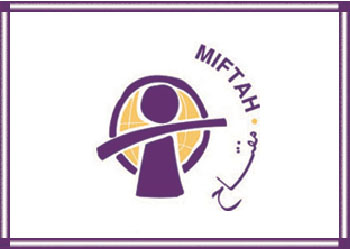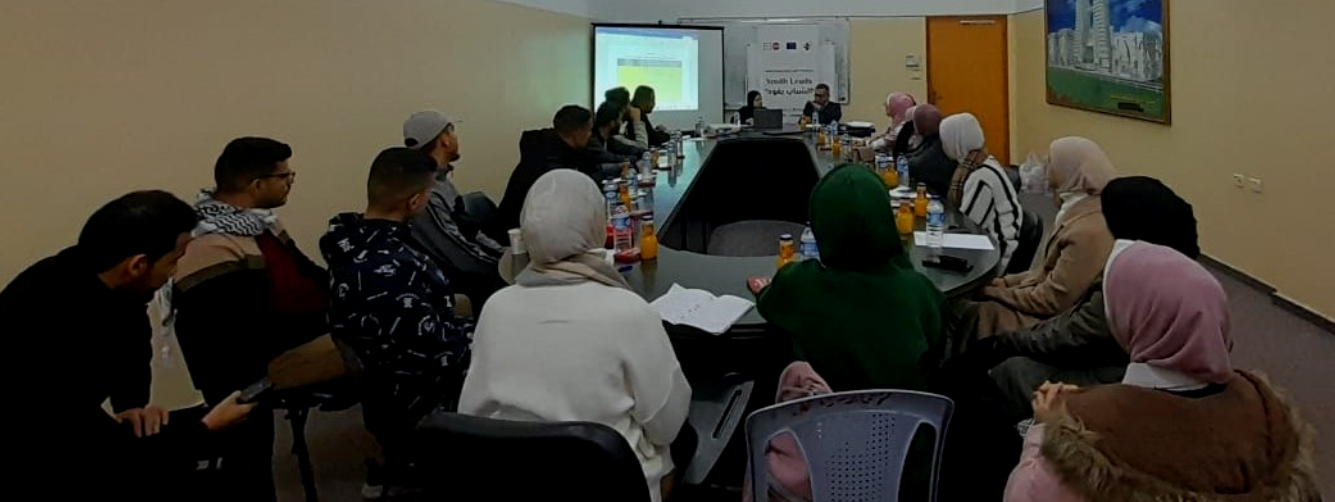
Ramallah – MIFTAH, in coordination with the Gender Forum and Local Governance, recently completed a five-day workshop for members of the forum on the use of a guidebook of follow-up and assessment indicators for the performance of LGUs in implementing the Gender Charter. Five meetings were held between Forum member institutions and five LGUs from most districts in the West Bank. The municipalities included were Al Bireh, Beit Sahour, Ateel, Beit Ummar and Al Khader. The training is part of the project “Men and Women Towards Institutionalizing Gender Equality in local Governance”, funded by GIZ with a mandate from BMZ (Federal Ministry for Economic Cooperation and Development). This is within the “Empowering Women in decision–making in the Middle East (LEAD)”project, aimed at promoting an enabling inclusive environment for integrating gender in local government policies.
Rasha Saleh Eddin, Monitoring and Evaluation advisor for MIFTAH who oversaw the trainings, said two reference points were determined for assessing the work of LGUs from a gender perspective, based on how much they applied the Gender Charter. The reference points chosen by the participant institutions were administration and organization of the internal environment and development planning.
Salah Eddin continued: “The training resulted in qualifying the participants in dealing with the tools and mechanisms for selecting the assessment outcome on the criteria and documenting the results. These meetings also resulted in the promotion of these tools as a means of education for LGU members on the Gender Charter and the best practices needed to abide by this charter.” She also said, as a result of the training, importance was put on properly preparing for the evaluation visits to LGUs and the need to abide by the procedures stipulated in the guidebook. “The guidebook is considered a mean of support for civil society organizations working in this field,” she said. “It provides a number of unified criteria for the process of evaluating and following up on the commitment of local councils to implementing the Gender Charter. It also facilitates the process of measuring results, which helps with the data collection process. This is necessary to support the proposed interventions by the Forum’s institutions, including capacity building, lobbing campaigns and processes of accountability. Furthermore, the visits, which also represented an examination of the criteria and tools, revealed a small number of modifications that need to be taken into consideration in developing the final copy of the guidebook.”
In this regard, MIFTAH project manager Najwa Yaghi-Sandouka said MIFTAH had developed a group of indicators that contribute to measuring the commitment of LGUs to the provisions of the Gender Charter through their participatory approach with the Gender Forum and Local Governance, members of the steering committee and a group of researchers. She said this was a unique experience for the Forum member institutions and LGUs in that certain gender-related issues were addressed inside and outside LGUs.
MIFTAH continues to work on building the capacities of LGUs in implementing the Gender Charter through developing operational regulations (bylaws) along with a guidebook for executive procedures, which would contribute to institutionalizing gender mainstreaming in local government policies.








